To do nothing is sometimes a good remedy
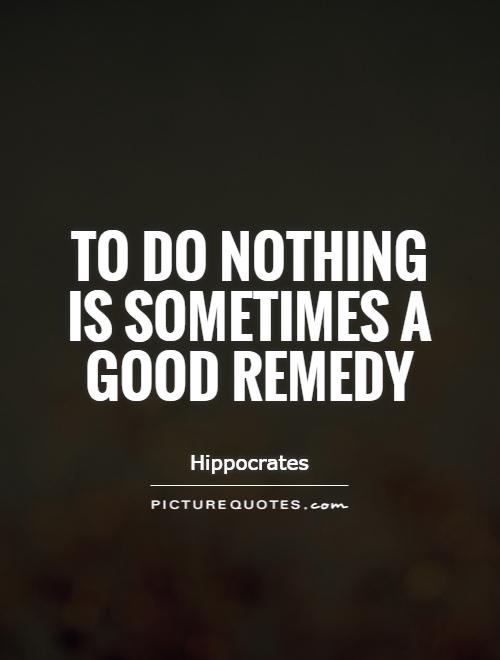
To do nothing is sometimes a good remedy
Hippocrates, often referred to as the father of Western medicine, is known for his groundbreaking contributions to the field of healthcare. One of his most famous quotes is “To do nothing is sometimes a good remedy.” This statement may seem counterintuitive in a society that values productivity and action, but it holds a profound truth that is still relevant today.In the context of Hippocrates’ teachings, the idea of doing nothing as a remedy can be understood as the importance of allowing the body to heal itself naturally. Hippocrates believed in the body’s innate ability to heal and restore balance, and he emphasized the importance of supporting this natural healing process rather than interfering with it unnecessarily.
In modern medicine, this concept is often referred to as “watchful waiting” or “active surveillance.” It involves closely monitoring a patient’s condition without immediately resorting to invasive treatments or interventions. This approach is particularly relevant in cases where the body has the capacity to heal on its own, such as minor infections or injuries.
By allowing the body to heal itself, we can avoid the potential risks and side effects associated with unnecessary medical interventions. This aligns with Hippocrates’ belief in the importance of “first, do no harm” – the fundamental principle of medical ethics that emphasizes the importance of prioritizing the well-being of the patient above all else.
Furthermore, the idea of doing nothing as a remedy can also be applied to mental health and well-being. In a fast-paced and stressful world, we often feel pressured to constantly be productive and active. However, taking time to rest and recharge is essential for maintaining our mental and emotional health.
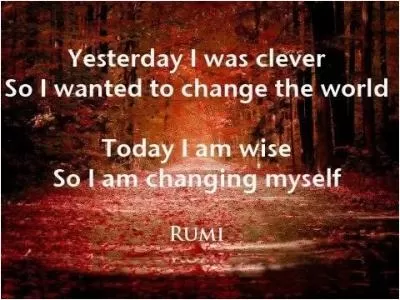

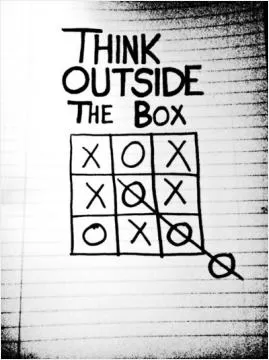

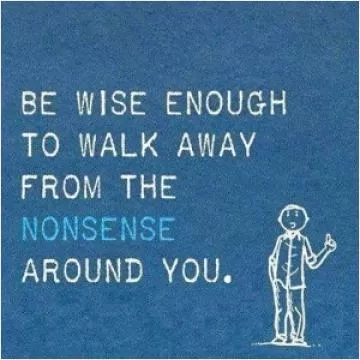



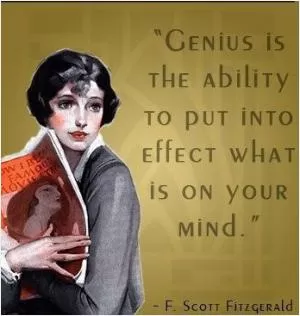



 Friendship Quotes
Friendship Quotes Love Quotes
Love Quotes Life Quotes
Life Quotes Funny Quotes
Funny Quotes Motivational Quotes
Motivational Quotes Inspirational Quotes
Inspirational Quotes